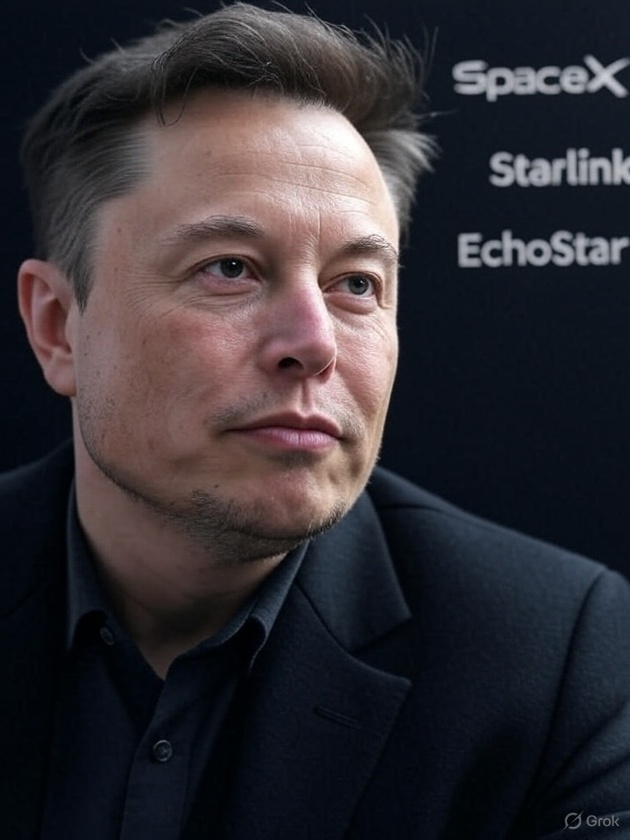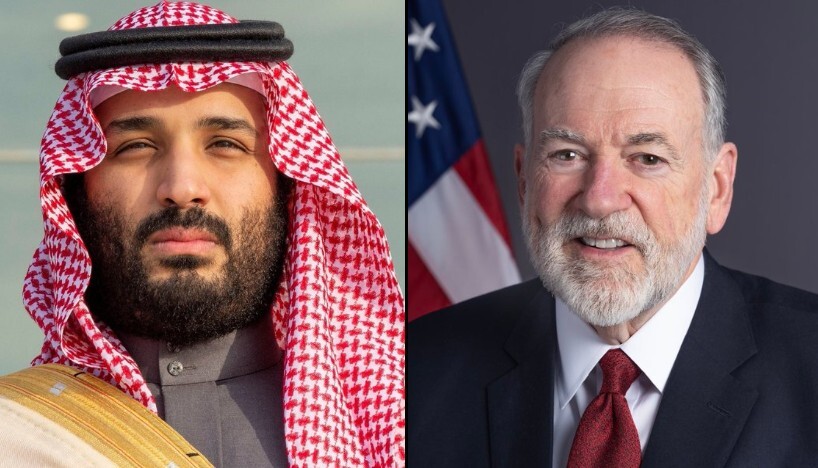Elon Musk's SpaceX has agreed to purchase wireless spectrum licenses from EchoStar for $17 billion to bolster its Starlink direct-to-cell service, a move aimed at resolving an ongoing Federal Communications Commission (FCC) probe into EchoStar's underutilization of its 5G spectrum assets.
The deal, announced on Monday, includes $8.5 billion in cash, $8.5 billion in SpaceX stock, and a commitment to cover approximately $2 billion in interest payments on EchoStar’s debt through late 2027. This transaction, combined with EchoStar's prior $23 billion sale of spectrum to AT&T, is expected to resolve the FCC's inquiries.
The acquisition covers EchoStar’s AWS-4 and H-block spectrum licenses, providing SpaceX with exclusive rights to operate its next-generation Starlink direct-to-cell satellites on these frequencies. This allows SpaceX to move beyond relying solely on spectrum leased from mobile carriers like T-Mobile and enables the development of satellites with "more than 100 times" the capacity of its first-generation direct-to-cell satellites. The goal is to significantly enhance coverage and performance to end mobile dead zones globally.
SpaceX writes in a statement: "This agreement will enable us to develop and deploy our next generation Starlink Direct to Cell constellation which will be capable of providing broadband service to cell phones globally.
"Through the agreement with EchoStar, SpaceX will purchase EchoStar’s 50 MHz S-band spectrum in the US (bands known as AWS-4 and PCS-H) as well as its global MSS spectrum licenses. Exclusive access to this spectrum, along with use of optimized 5G protocols designed for satellite connectivity, will enable a step change in performance for Starlink Direct to Cell.
"The next generation of Starlink Direct to Cell satellites will be designed to fully utilize this spectrum. Driven by custom SpaceX-designed silicon and phased array antennas, the satellites will support thousands of spatial beams and higher bandwidth capability, enabling around 20x the throughput capability as compared to a first-generation satellite."
The deal was driven by intense regulatory scrutiny. The FCC launched an inquiry in May 2025 after SpaceX alleged that EchoStar’s valuable mid-band spectrum was being "chronically underused" and ripe for sharing with new satellite systems President Donald Trump reportedly personally urged EchoStar CEO Charlie Ergen to reach a deal with the FCC SpaceX had previously pressured the FCC to reallocate the spectrum, arguing that EchoStar was failing to meet its obligations to deploy 5G in the U.S.
As part of the agreement, SpaceX and EchoStar have entered a long-term commercial partnership that will enable EchoStar’s Boost Mobile subscribers to access the next-generation Starlink direct-to-cell service. This marks a significant strategic shift for EchoStar, which had previously been developing its own direct-to-device satellite constellation, a project now canceled following this deal.
After the sale, EchoStar will continue operating its core businesses, including Dish TV, Sling, Hughes internet, and Boost Mobile, but will no longer have control over major spectrum for 5G deployment.
The FCC has acknowledged the potential of these deals to supercharge competition and extend innovative services to millions of Americans.















